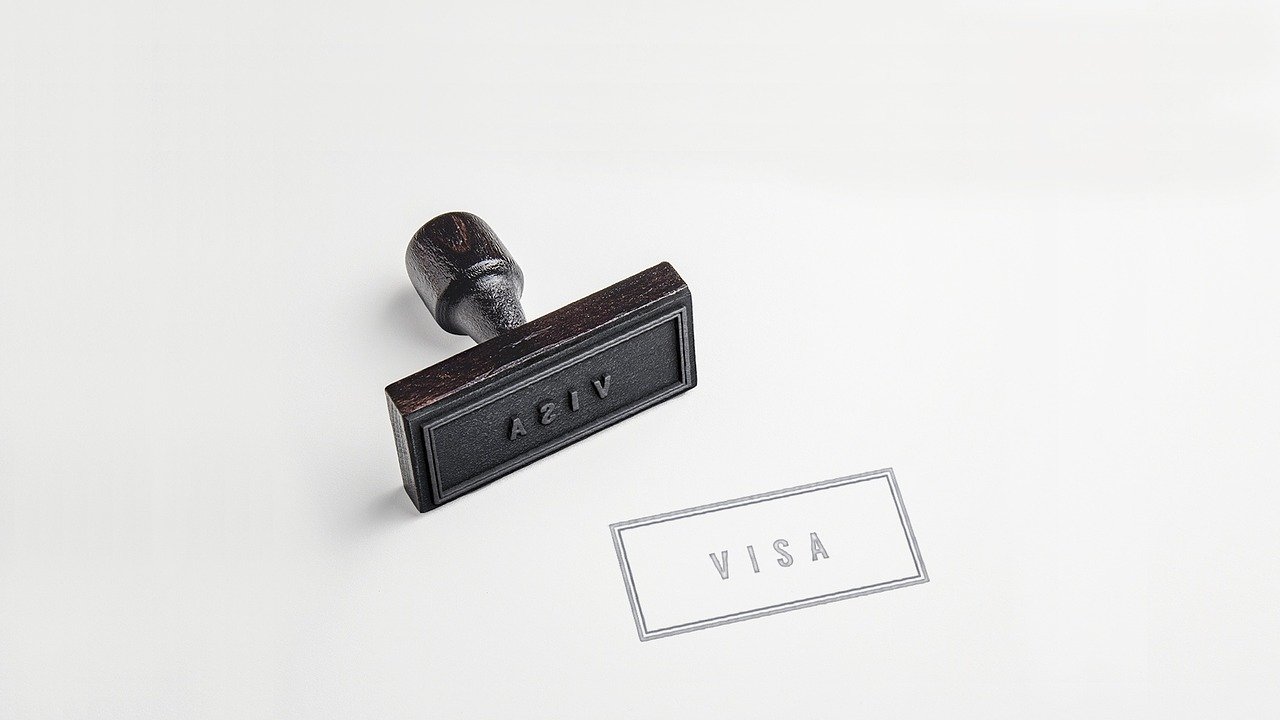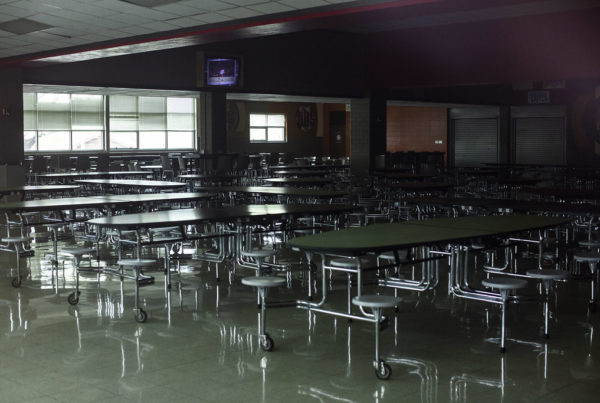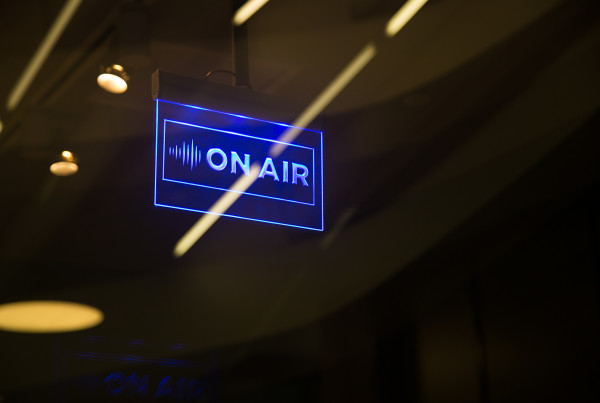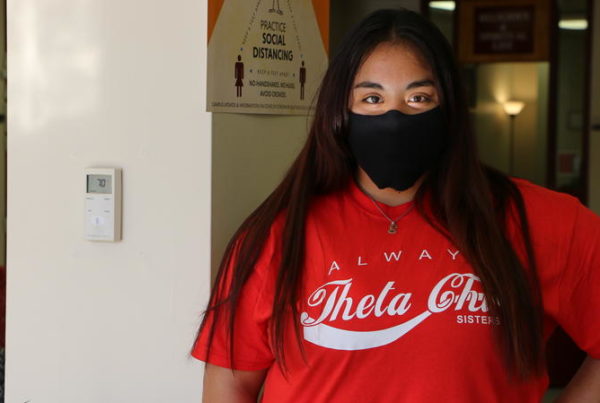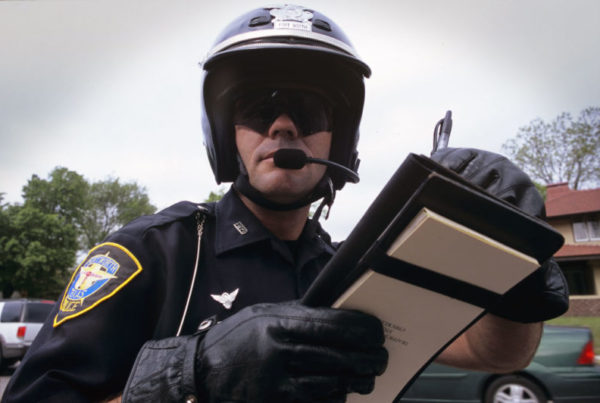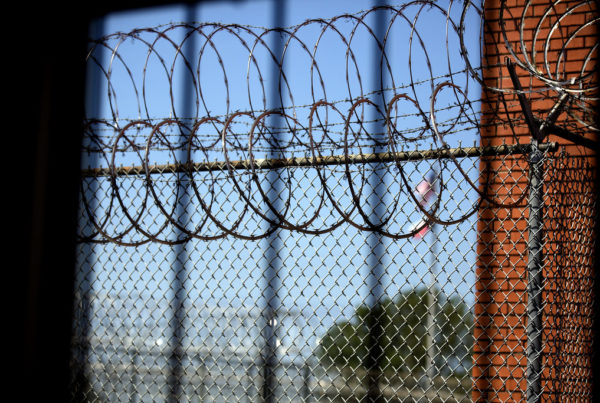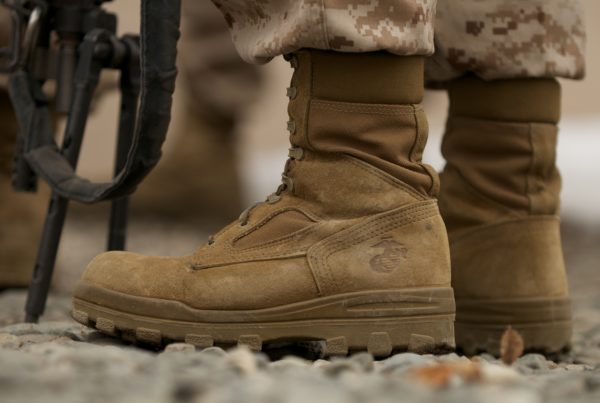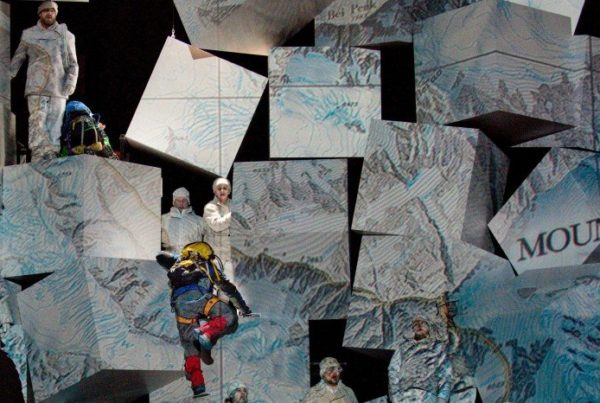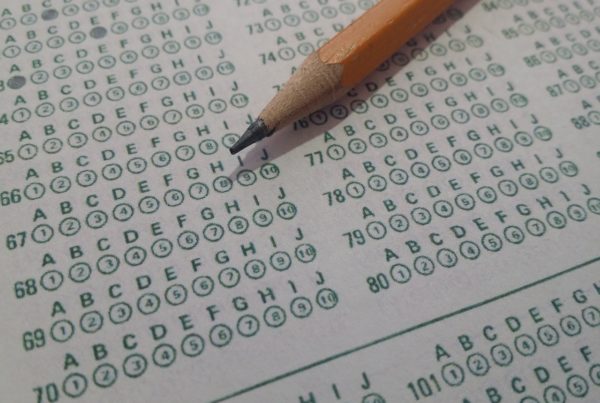The Trump administration is putting a hold on the entry of some new foreign workers into the U.S. by restricting several temporary work visa categories. An executive order issued by President Donald Trump earlier this week would also halt the issuance of new green cards for those seeking to live and work in the U.S. for longer periods.
The administration says the move is an attempt to preserve jobs for U.S. citizens struggling with the adverse economic impact of the coronavirus pandemic. Critics say the restrictions are anti-immigrant and bad for business.
Tony Payan is the director of the Center for the United States and Mexico at Rice University’s Baker Institute. He told Texas Standard host David Brown on Thursday that one of the new restrictions focuses on H-1B visas, which often go to highly skilled foreign workers like engineers, academic researchers and technology professionals.
Payan said Trump strategically did not put restrictions on H-2A visas, which are used by temporary agricultural workers.
“I think he understands clearly that these affect red states – states where he would actually face a lot of pushback,” Payan said.
But many H-1B visa holders work in high-tech jobs in Texas, and at its colleges and universities.
“In the United States as a whole, and I think Texas, if fairly representative of the United States as a whole, 25% of our researchers in the country are H-1B visa holders,” Payan said.
H-1B visas are “dual-intent” visas, meaning those who hold them can apply for a green card, allowing them to remain in the U.S. longer than those who hold temporary work visas alone, Payan said.
But gaining a green card isn’t a given. The employer of an H-1B visa holder must prove that their job cannot be done by an American worker.
Spouses of H-1B visa holders have also been allowed to work in the United States, as holders of H-4B visas. But new H-4B visas will be put on hold under Trump’s orders. Meanwhile, the Trump administration has been trying to issue work restrictions for H-4B visa holders since President Trump took office. The U.S. Court of Appeals for the District of Columbia decided not to abolish those work authorizations late last year.
Web story by Shelly Brisbin.
Editor’s note: In the original radio story that aired, the guest mentioned that the Trump administration had withdrawn work privileges for those with H-4B visas. In fact, those with H-4B visas can still work in the United States, but the Trump administration has put a hold on new applications for H-4B visas.


